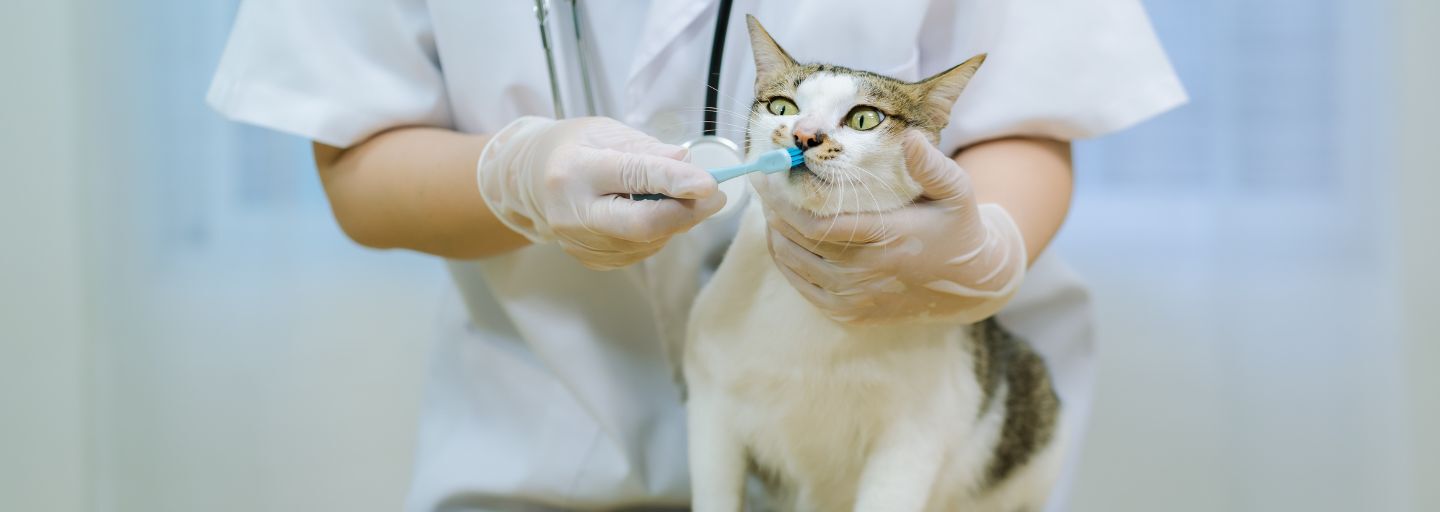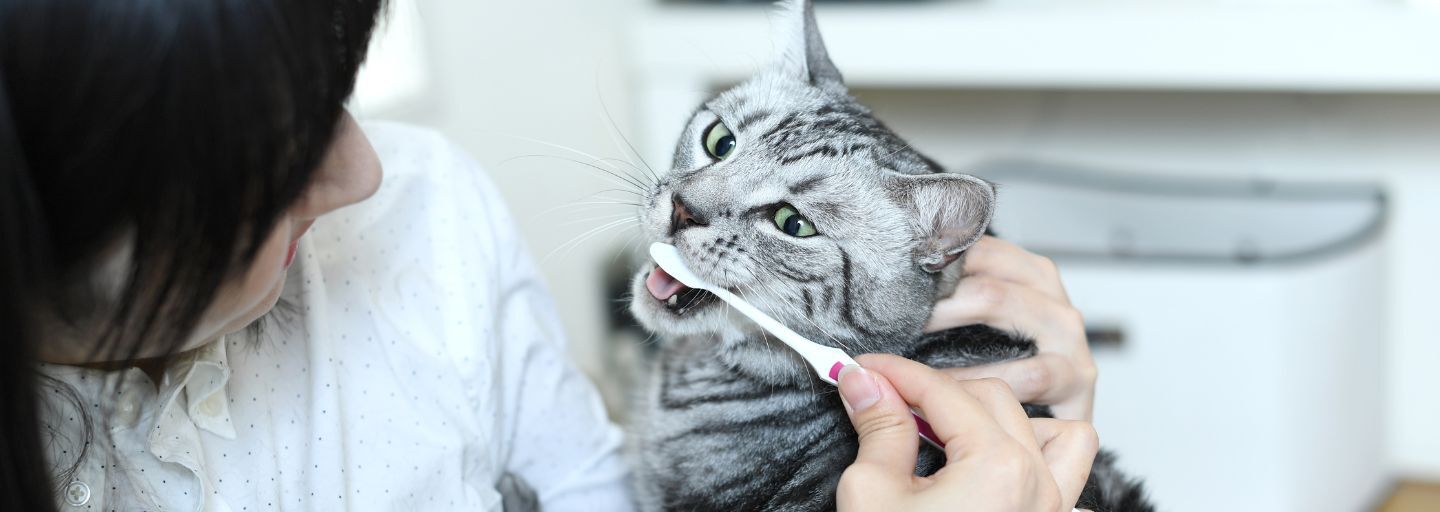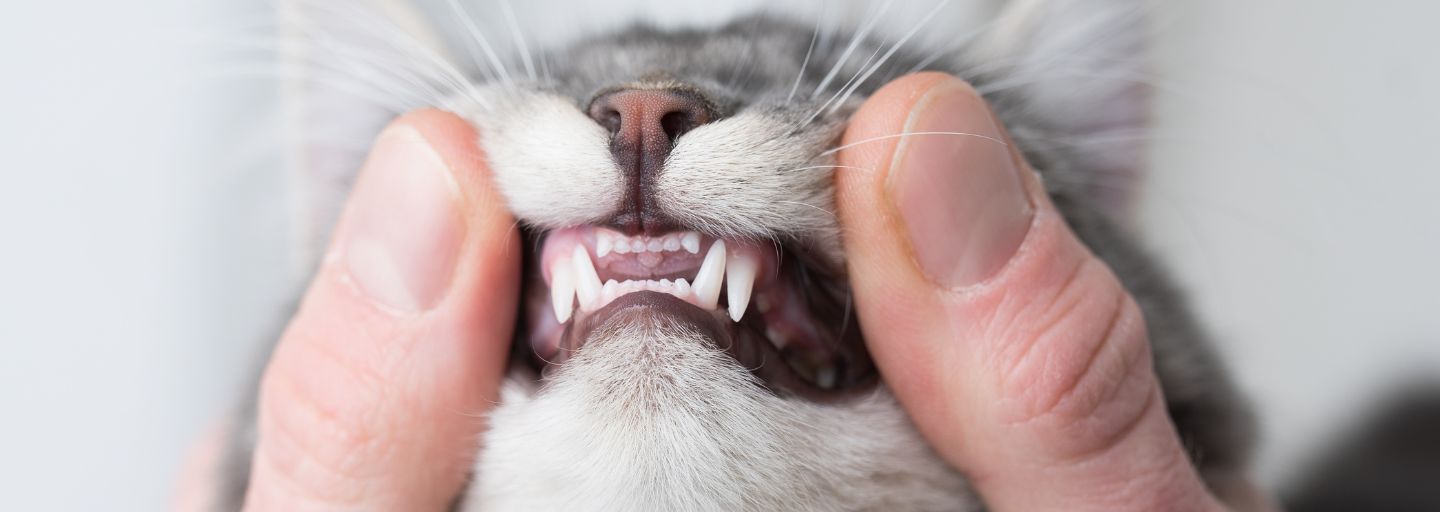As cat owners, we love our feline companions and want them to be healthy and happy. However, if you've noticed that your cat has bad breath, it can be concerning. Just like humans, cats can experience halitosis or bad breath, and it can be an indication of an underlying issue. In this article, we will explore some common reasons why cats may have bad breath and what you can do about it.
- Dental Issues: One of the most common causes of bad breath in cats is dental problems. Tartar buildup, gum disease, tooth decay, or oral infections can all contribute to foul-smelling breath. Bacteria in the mouth can produce unpleasant odours, and if left untreated, dental issues can lead to more serious health problems. Regular dental care, including brushing your cat's teeth and providing dental treats or toys, can help prevent dental problems and maintain fresh breath.
- Poor Oral Hygiene: If your cat's oral hygiene is lacking, it can contribute to bad breath. Cats that do not receive regular dental care, such as brushing or professional cleanings, are more prone to plaque and tartar buildup, which can lead to dental issues and bad breath. Establishing a dental care routine early on and ensuring your cat receives regular veterinary dental check-ups can help maintain good oral hygiene and prevent bad breath.
- Diet and Digestive Issues: The food your cat eats can also impact their breath. Certain foods, especially those with strong odours, can leave a lingering smell in your cat's mouth. Additionally, digestive issues such as gastrointestinal infections or malabsorption can cause bad breath. If you suspect that your cat's diet or digestive health is contributing to their bad breath, consult with a veterinarian to determine the appropriate dietary changes or treatments.
- Kidney Disease: Bad breath can be a symptom of underlying health conditions, including kidney disease. Cats with kidney disease may have an ammonia-like odour to their breath. Other signs of kidney disease may include increased thirst, frequent urination, weight loss, and changes in appetite. If you suspect that your cat's bad breath is related to kidney disease, it's important to seek veterinary attention for proper diagnosis and treatment.
- Diabetes: Diabetes can also cause bad breath in cats. When the body cannot properly regulate blood sugar levels, it can lead to a condition called ketoacidosis, which produces a distinct sweet or fruity odour on the breath. Other signs of diabetes may include increased thirst, frequent urination, weight loss, and changes in appetite. If you suspect that your cat's bad breath is related to diabetes, consult with a veterinarian for proper diagnosis and management.
- Respiratory Infections: Respiratory infections, such as sinusitis or infections of the mouth or throat, can cause bad breath in cats. These infections can lead to the buildup of bacteria or discharge, resulting in an unpleasant odour. If your cat has other symptoms such as sneezing, coughing, nasal discharge, or difficulty breathing, it's important to consult with a veterinarian for proper diagnosis and treatment.
If you notice that your cat has bad breath, it's important to address the underlying cause. Find out what to do if your cat has bad breath here. If you're concerned about your cat's bad breath, consult with a veterinarian for proper diagnosis and treatment. By addressing the underlying cause, you can help your cat maintain fresh breath and overall good health.







